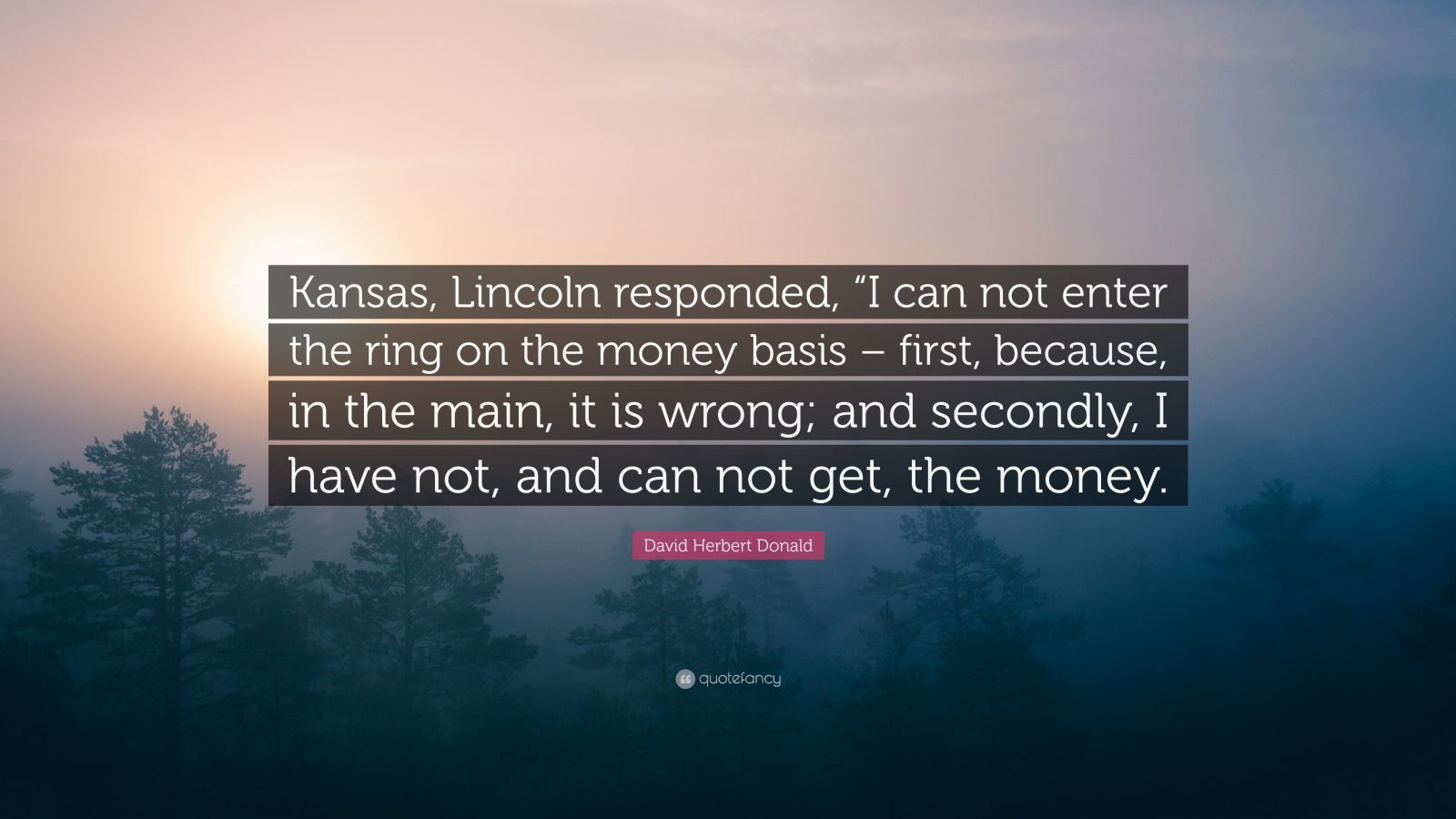

Having grown up in a segregated town, he was interested in race relations and planned to study the post-Civil War era. He has excellent letters of recommendation,’” Donald told the AP. “I looked into my admissions file and it said, ‘Admit this man. Years later, he visited the school and had a chance to see his records. His academic adviser at Millsaps was too busy to help, so Donald wrote his own recommendations and was accepted into the University of Illinois. “He said, ‘You forget your hat.’ And I said ‘I don’t wear a hat.’ And he said, ‘You teach in my school, you’ll wear a hat.’ So I didn’t take the job.”ĭonald looked instead at graduate schools. “The man who interviewed me told me I could have the job and I went to gather whatever I had and started to follow him out of his office,” Donald recalled during a 2005 interview with The Associated Press. After graduation, Donald hitchhiked to Indianola, Miss., where he was interviewed for a job as a high school band teacher, a position funded by sales from a Coca-Cola machine. He majored in history and sociology at Millsaps College in Jackson, Miss. Born into a farming family in Goodman, Miss., he fancied himself a musician before some odd twists landed him elsewhere. Some reviewers faulted Donald for insisting on “the essential passivity” of Lincoln, an interpretation that The Washington Post’s Jonathan Yardley found contradicted by the president’s “determination and vigor” in carrying out his decisions.ĭonald, the grandson of a Union cavalry officer, was not a Lincoln man in his early years. “I am grateful for the contacts we had afterward, and for his remarkable ability to help Americans understand our past and how it shapes who we are today.” “During the 1996 campaign, I found his magnificent biography, ‘Lincoln,’ inspiring and encouraging,” Clinton said Tuesday. Years later, when customers at the Lincoln Memorial bookstore would ask for a good biography, Donald’s book was recommended. “Lincoln,” a single-volume biography of the president, came out in 1996 and became so popular that presidential candidates Bill Clinton and Bob Dole both claimed they were reading it. His books included “Lincoln at Home,” a study of his family life, and “We Are Lincoln Men,” essays about Lincoln’s friends and associates. “He was a very hard worker, and his family, his writing and teaching were his life in that order,” she said.ĭonald published his first Lincoln book in the late 1940s and kept at it for more than 50 years, going back on repeated vows to move on to another subject. He was working on a “character study” of John Quincy Adams at his death, his wife said.


Donald’s stature was so high among Lincoln experts that an award was even named after him, the David Herbert Donald Prize for “excellence in Lincoln studies.”


 0 kommentar(er)
0 kommentar(er)
